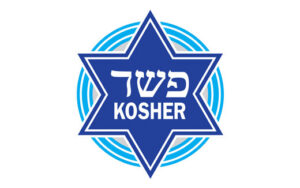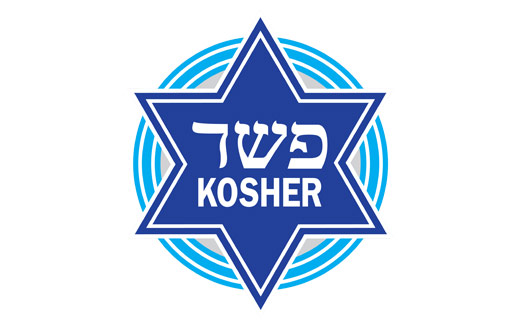 Any eatable – be it food or a supplement- with a “kosher certified” label has to maintain a check of how it is manufactured and using what ingredients.
Any eatable – be it food or a supplement- with a “kosher certified” label has to maintain a check of how it is manufactured and using what ingredients.
What is Kosher?
“Kosher” is an umbrella term that describes the ingredients and foods that comply with the standard of Jewish dietary law. The word kosher comes from the Hebrew word “Kasher”(1), meaning “to be pure, proper, or suitable for consumption”.
The Jewish dietary law provides thorough, complete guidelines and instructions regarding what is permitted for Jews to eat and how it needs to be manufactured or processed. For the Jewish community, kosher means consuming anything edible – food or supplements – which are made using kosher guidelines. That being said, Kosher-certified supplements are manufactured by following Jewish guidelines.
Kosher-Certified Supplements
Dietary vitamins and supplements are essential food components. Owing to the growing health consciousness of most people, the Kosher community is also constantly frequenting the supplement sections of supermarkets. There is a high demand for supplements that are Kosher-certified. Supplements generally available are manufactured using non-Kosher sources.
For a supplement to be specifically Kosher-certified (2), its production has to adhere to Jewish guidelines. Practically, if a supplement has to qualify for Kosher certification, it’s every ingredient, preservative, and processing aid or equipment employed in the manufacturing process that must comply with Kosher food guidelines of Jewish law.
It also means that the supply chain for the ingredients used in the supplements and the whole manufacturing process must comply with the Jewish dietary law guidelines and be verified by a Kosher auditor. The supplements will be considered non-Kosher even if all the above criteria are met, but the same production line and equipment are used to manufacture non-Kosher supplements.
Kosher Certification
The starting point of the Kosher certification process for a supplement is analyzing the ingredients used in that supplement. First, the manufacturing company procures Kosher certificates for each ingredient or raw material used in the supplement. Next, the company gives a detailed listing of ingredients and the Kosher certificates of all of them to the Kosher agency, which checks the Kosher status of each of these ingredients.
Some ingredients, such as sugar, are inherently Kosher. They do not need any Kosher verification or certification. The Kosher certification organization has access to a whole database of ingredients. It can guide the supplement company regarding the procurement of Kosher ingredients and the different protocols that must be followed to guarantee that the supplements produced remain Kosher. Regular Kosher inspection is also a mandate for companies producing Kosher supplements to check that Kosher manufacturing is correctly segregated from non-Kosher manufacturing lines.
Bottomline
In short, the growing dietary supplement market has made the companies initiate Kosher supplement manufacturing for Jewish customers. Kosher certified are made from Kosher certified ingredients and raw products, along with the production process and the equipment used. Companies need to adhere to Jewish dietary guidelines strictly to ensure their supplements are kosher certified.
Ready to get started on your formulation or custom product? Click the link below to find out what is possible!
Why JW Nutritional for Supplement Manufacturing?
JW Nutritional can manufacture a wide variety of supplements to suit the needs of your customers. With the inclusion of our complete packaging solutions including bottles with lid closures, sachets, stick packs and zip-seal bags, clients can receive a complete product that is ready for order fulfillment. If you are interested in the vitamin manufacturing services we offer, please contact us today!
Resources
1. Healthline: https://www.healthline.com/nutrition/what-is-kosher#definition
